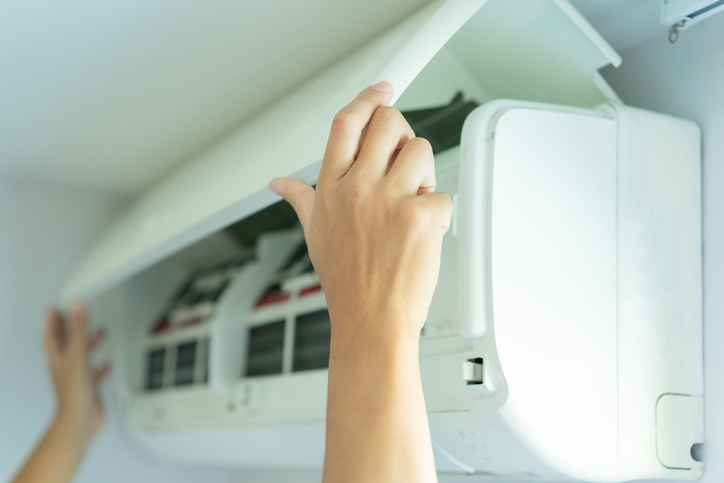Introduction
Delaying the replacement of an old air conditioning unit can have significant environmental consequences. While it might seem like a cost-saving measure in the short term, continuing to use an outdated or inefficient AC system often leads to increased energy consumption and higher carbon emissions. In the long run, this can cause greater environmental harm and more substantial repair costs. Understanding the environmental impact of holding off on AC replacement in Tomball TX, is crucial for homeowners looking to reduce their carbon footprint.
1. Increased Energy Consumption:
Old air conditioning systems are typically less efficient and consume more energy to cool your home. This inefficiency not only translates into higher energy bills but also puts an increased demand on power grids. As the AC unit ages, it struggles to maintain consistent cooling, further taxing its components and leading to more frequent breakdowns. By delaying replacement, homeowners are unknowingly increasing their environmental impact and their utility bills. However, by investing in a new, energy-efficient system, you can take control of your expenses and reduce your environmental footprint.
2. Higher Carbon Emissions:
The outdated refrigerants used in older AC models contribute significantly to environmental pollution. Older systems may use CFCs or HCFCs, which are harmful to the ozone layer. As these units continue to operate inefficiently, they release more greenhouse gases into the atmosphere, accelerating climate change. Replacing an older system with a newer, eco-friendly model can help reduce these harmful emissions.
3. Frequent Breakdowns and Repairs:
As air conditioners age, they require more frequent repairs, leading to the disposal of parts and components that could contribute to landfill waste. Additionally, these breakdowns often lead to the need for more resource-intensive AC services in Tomball TX. In some cases, continually fixing an old system can result in even higher long-term costs, both financially and environmentally, compared to investing in a new, efficient unit.
4. Reduced Indoor Air Quality:
Old AC units can lose their ability to filter air properly, leading to poor indoor air quality. As the system becomes less effective at removing dust, allergens, and other pollutants, it can contribute to respiratory issues for the occupants. This not only affects the health of your home but also increases the demand for additional air purification devices that consume more energy and resources. By investing in a new, efficient system, you can ensure a healthier living environment for you and your family, reducing the need for additional air purification devices and saving on energy costs.
5. Impact on Ecosystem and Natural Resources:
Using an inefficient air conditioning system for too long strains natural resources like fossil fuels. This dependency on nonrenewable energy sources increases the environmental impact of cooling systems. Additionally, the energy used in inefficient systems is often produced by power plants that burn coal or other environmentally harmful fuels, contributing to air and water pollution.
Delaying the replacement of an outdated AC system may seem like a small decision, but it carries significant environmental consequences. From increased energy consumption to higher carbon emissions and reduced air quality, the effects are far-reaching. However, by replacing your old system with an energy-efficient model, you can mitigate these impacts, reduce your environmental footprint, and lower your utility bills. Consider the long-term benefits of upgrading your AC to make a positive difference for both your home and the planet. This forward-thinking approach can lead to a more sustainable and cost-effective future for your home.
Conclusion
Are you ready to reduce your environmental impact? Contact us at Crossway Mechanical at 832-250-6191 for prompt AC repairs in The Woodlands TX.






